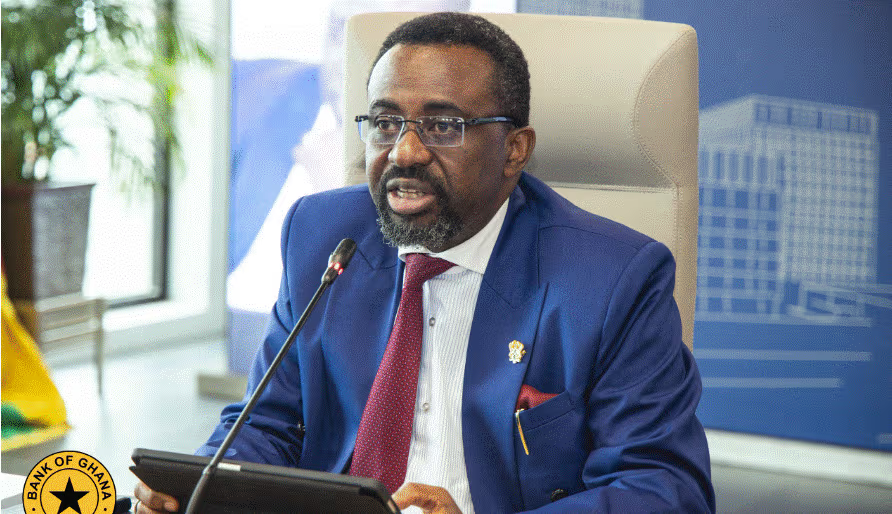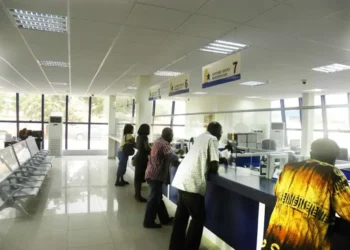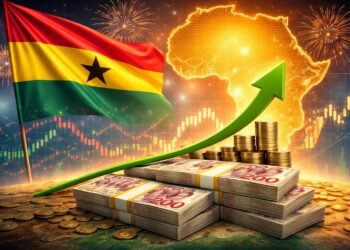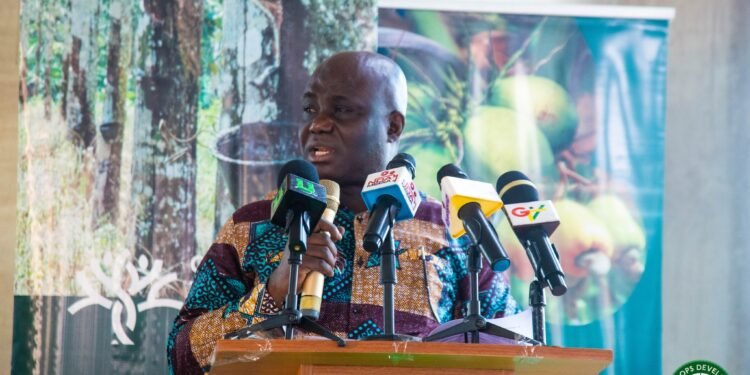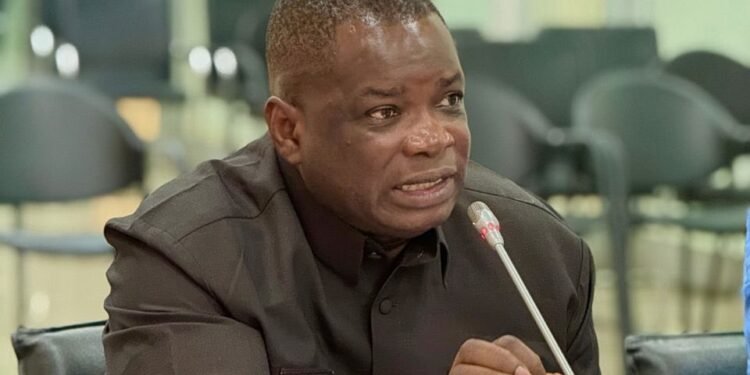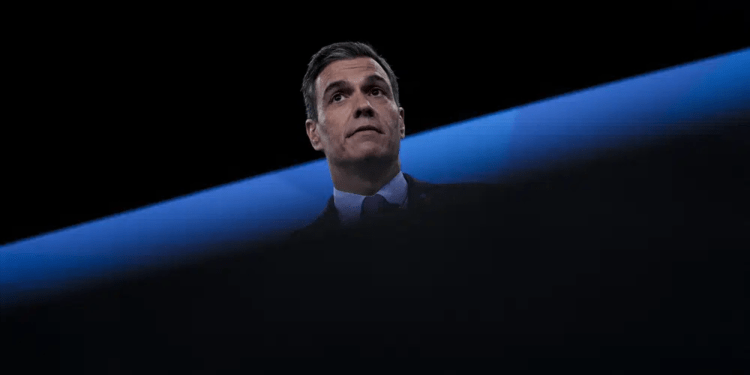As policymakers, economists, and captains of industry gathered for the landmark “Cedi @ 60” currency conference, the unspoken question hanging over the venue was a profound one: What does the future hold for Ghana’s national symbol of economic sovereignty?
The Bank of Ghana Governor, Dr. Johnson Asiama, did not mince words in his opening address, setting a tone of both stark realism and urgent optimism. He framed the next chapter of the cedi not as a technical puzzle for technocrats alone, but as a “shared national project” demanding a collective leap of faith and a renewed sense of pride from every single Ghanaian.
The cedi, born in 1965 to replace the Ghana pound and assert monetary independence, has been on a tumultuous journey. It has weathered coups, hyperinflation, dramatic devaluations, and multiple re-denominations. For many Ghanaians, the cedi’s story is inextricably linked with their own; the struggle to make ends meet, the anxiety of watching savings erode, and the constant comparison to the mighty US dollar.
Celebrating its 60th anniversary required acknowledging this complex legacy; it is a currency that has both symbolized national identity and reflected the nation’s economic challenges. The conference, therefore, was not merely a birthday party. It was a crucial diagnostic summit, a gathering meant to dissect the failures and successes of the past to architect a more stable future. The very fact that such a high-level conference was convened signals the critical juncture at which the Ghanaian economy finds itself.
A Shared Responsibility
The core of Dr. Asiama’s message was a deliberate and significant shift in narrative. In a move that breaks from the norm, he declared, “Protecting the cedi is not the task of any one institution.” This statement is a departure from the public perception that currency stability is the sole preserve of the Bank of Ghana and the government’s macroeconomic policies.
By stating that, it is a “shared endeavour rooted in our belief in Ghana’s future,” the Governor effectively passed the baton of responsibility to the entire nation. He argued that the fortress defending the cedi cannot be manned by a few elite soldiers at the top; it requires a citizen’s army, united in purpose. This call for unity and common purpose is a strategic masterstroke, aiming to forge a new social contract around the currency, one where national pride and economic pragmatism are intertwined.
Dr. Asiama then took his argument from the theoretical to the profoundly practical, outlining a vision of collective responsibility that touches every stratum of society. He explained that the cedi’s stability is tied not only to interest rates and fiscal deficits but also to the “everyday confidence shown by citizens.” He noted that from schoolchildren learning to count and save in cedis, building a foundational familiarity and trust, to the traders and entrepreneurs who power local commerce.
Every time a business owner chooses to price goods and save profits in cedis, and every time a consumer has faith that the notes in their pocket will hold their value until the next market day, they are actively participating in strengthening the currency. This perspective elevates the conversation beyond abstract economics, framing currency stability as a function of national psychology and daily habit. It suggests that the battle for the cedi is won not just in the marbled halls of parliament but in the bustling stalls of Makola Market and the quiet decisions of family budgeting.
Reimagining the Future: A Resilient Cedi for the Next Generation
Looking beyond the immediate challenges, the Governor expressed a bold optimism for Ghana’s economic prospects. The next 60 years, he proposed, present a golden opportunity to “reimagine the cedi and build a stronger financial system.”
This is not about simply managing the present currency better; it is about innovating for the future. The conference was thus a call for ideas—a summoning of the nation’s best minds to contribute to shaping a “resilient monetary future.” This likely encompasses discussions on digital currencies, modernised payment systems, deeper financial inclusion, and policies that incentivize production over consumption.
By urging stakeholders to think creatively, Dr. Asiama is planting the flag for a future where the cedi is not just stable, but dynamic, integrated, and a reliable store of value for generations to come.
The Cedi @ 60 conference has undoubtedly set the stage for a critical national dialogue. Dr. Asiama’s passionate plea for a renewed sense of pride in the national currency is a challenge to the Ghanaian psyche. It asks Ghanaians to look at the cedi not just as a piece of paper whose value fluctuates on a chart, but as a symbol of collective will and national ambition.
The high-stakes discussions on inflation control, exchange rate stability, and long-term reforms that followed his address are the technical bedrock upon which this future will be built. Sixty years on, the nation is being asked to make a conscious choice; to believe in its currency, and by extension, to believe in itself. The path to a stronger cedi begins with a shift in mindset, from passive observation to active, proud participation.
READ ALSO:Ghana Unveils Digital IP Reforms to Boost Innovation and Exports

